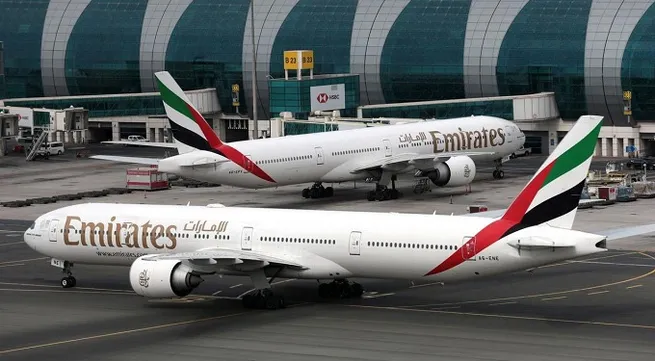COVID-19 causes severe shocks to Middle East, Africa

With many countries being quite vulnerable, the Middle East and Africa are suffering from “strong shocks”, with economic downturn, rising unemployment and food security concerns.
Worries about the endurance of the Middle East and Africa have expanded since the disease pandemic “knocked on the door” of the regions. The majority of poor countries are facing difficulties in controlling COVID-19 due to limited financial resources and poor health system infrastructure. The lives of millions of people in conflict areas, which have inherently been in a disadvantaged condition, are now being seriously threatened by the pandemic. Many people have suffered shortages of food, electricity, water and medical care, moving closer to the brink of a humanitarian disaster. The World Health Organisation (WHO) has warned of the rapid development of COVID-19 in Africa, as within only one week, the continent recorded respective increases of 51% and 60% in cases and deaths. There are now fewer than 5,000 beds in hospital intensive care units in 43 African countries. Without the support of the international community, Africa could be left behind in the fight against the pandemic.
The Middle East regional economy is being severely affected, with rising public debt and skyrocketing unemployment. Experts from the International Monetary Fund (IMF) have warned that countries in the region are on the edge of economic recession, as their revenues have dropped hundreds of billions of dollars due to a record plunge in oil prices and the COVID-19 outbreaks. The region’s economic growth is expected to decrease by about 3.3% in 2020, the largest decline in four decades. Arab countries, whose revenues depend heavily on oil exports, have lost about US$323 billion, equivalent to 12% of the size of the economy. It is forecast that this year, the public debt of Arab countries will increase by 15% to US$1.46 trillion, while their budget deficit will expand from 2.8% to 10% of GDP.
The negative impact on Africa’s economy is predicted to “further accumulate” in the coming years. The GDP of the southern Saharan region is declining by about 1.6% annually. If the global slump worsens, Africa’s economic growth is likely to fall by 2.5% this year. The GDP of the oil producing countries on the continent could even fall by about 2.8%. Tourism-dependent nations could see their GDP decrease by 5.1%. Airlines in the Middle East have lost US$19 billion in revenue so far this year, while the damage has been US$4 billion for those in Africa.
Based on the evolution of the pandemic in Africa, health experts have presented a worst-case scenario, in which the continent could register 1.2 billion COVID-19 cases and up to 3.3 million deaths unless timely and active interventions are made to curb the spread of the disease. In the most positive scenario with social distancing measures strictly implemented, Africa will still have more than 122 million cases and 300,000 deaths. And, in either scenario, the fragile and underfunded health system in Africa will remain “overloaded”.
The risk of the disease causing severe devastation and creating socio-economic disturbance in the Middle East and Africa has been touched upon by experts. In an effort to help countries overcome the current crisis, the IMF and the World Bank have called for a postponement of debt recovery in 2020 from the world’s poorest countries, mostly in Africa. The creditors, both bilateral and multilateral, have agreed to extend the repayment period of debt worth US$20 billion for 76 countries, including 40 in the desert-bound areas of southern Africa.
Together with the support of the international community, the Middle East and African countries are also facilitating regional cooperation in order to overcome the current “shocks”.





